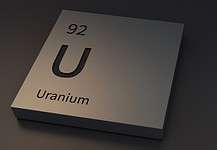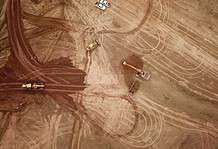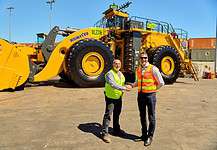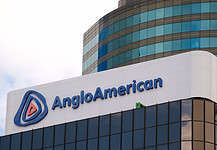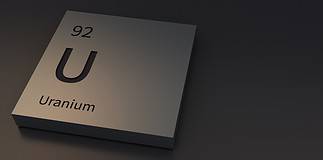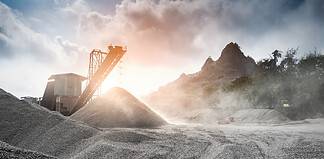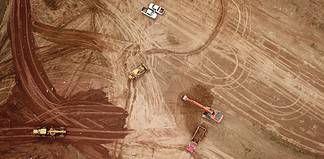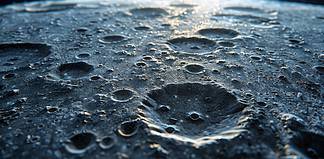Nickel may have been fickle, but it’s one of the few commodities around which is performing solidly in the wake of COVID.
The fact was highlighted by WA Mines, Energy, and Petroleum Minister Bill Johnston as he opened the 2020 Paydirt Nickel Conference held in Perth in October.
He said WA, in particular, was in good stead when it came to the metal as a result of growing demand for lithium ion batteries, Indonesia’s nickel ore export ban and the impact of the global pandemic.
“WA has the second largest nickel reserves in the world and some of the highest-grade deposits,” he said.
“These deposits are clearly ideal for production of nickel sulphate, one of the mineral components that’s used for a lithium-ion battery.”
He said the State Government was a supporter of a downstream nickel processing industry in WA and he welcomed BHP Nickel West’s continuing efforts to strengthen its nickel sulphate plant in Kwinana.
“We expect that plant, when it is completed, to be producing 100,000t of nickel sulphate, and we expect to see that in production next year,” he said.
“Many people outside this room don’t realise there is more nickel in a lithium-ion battery than there is lithium.
“So, we have a rapidly emerging battery metals processing sector here in WA, and we have got very strong relationships with the principal battery industry countries, like China, Japan, and South Korea.
“We have got a strong, proven and clear industry regulation framework that aligns with social expectations for environmental sustainability around the world.”
Boosting the industry is the Future Battery Industry’s (FBI) Property Research Centre, consisting of three main programs in train supporting industry development, including a $10m pilot plant near Curtin University which aims to produce battery cathode material.


